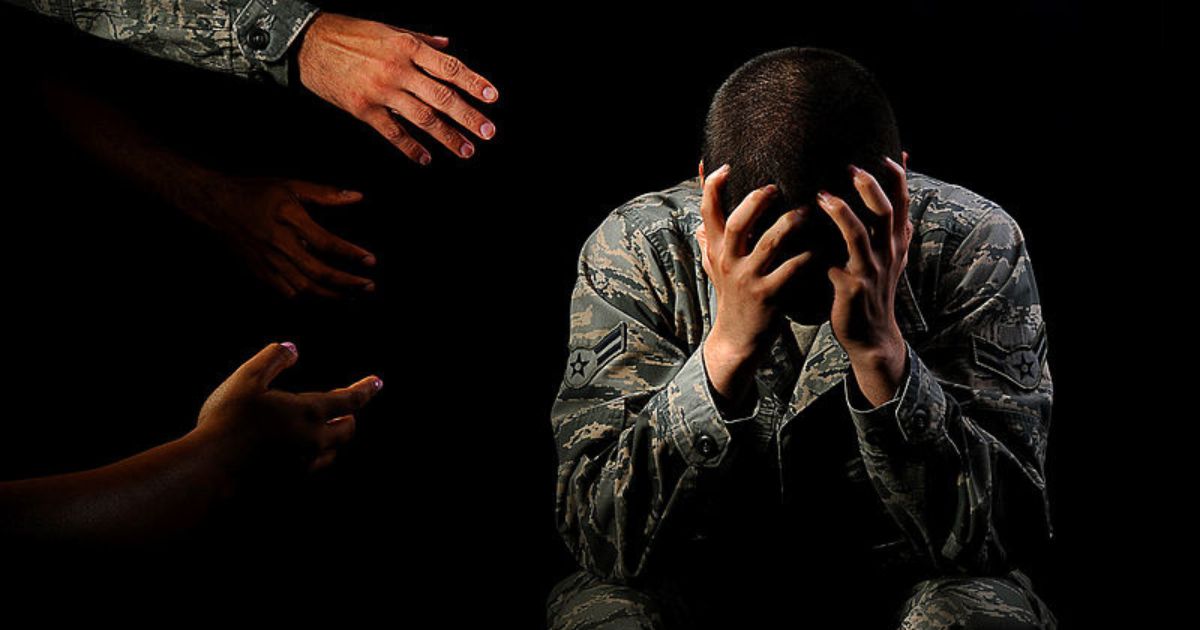Hairston, an LSU faculty member, had been employed at a bank a mere three blocks away from the Twin Towers in 2001. The memories of that fateful morning remained vivid in her mind and she started suffering from PTSD.
The experience left Hairston grappling with post-traumatic stress disorder (PTSD), and she is now determined to openly share her story, encouraging greater dialogue about this condition and working towards dismantling the associated stigma.
Real Life Story To Break PTSD Stigma
On a day dedicated to commemorating historical events, LSU student Sydney Stevens sat in the university’s history department, pondering a day that unfolded before her birth. The significance of September 11, 2001, had always been palpable in her life.
“Every year, on that day, a lot of my teachers would just talk about 9/11 on that day and try to inform us on that history and all the different perspectives on it,” Stevens remarked.
For Stevens, her understanding of 9/11 was pieced together from books and online articles. Little did she know that within the very office she used for her studies, there resided a woman who had experienced the aftermath of 9/11 firsthand.
“Although it was 22 years ago that it happened, it feels like it was just the other day,” said Carol Hairston.
Hairston, a coordinator at LSU’s history department, had been employed at a bank a mere three blocks away from the Twin Towers in 2001. The memories of that fateful morning remained vivid in her mind.
“Two co-workers came running into our department screaming that a plane had hit the first tower,” Hairston recollected.
Uncertainty hung in the air, prompting Hairston to make a phone call to her husband at the time. The line got disconnected, leading her to dial her parents’ number. In that moment, the gravity of the situation became all too clear.
“My father had never called me ‘baby.’ He told me, ‘Baby, I don’t care what you do, I don’t care where you go, but you need to get out,’” recalled Hairston.
She, along with her colleagues, ventured outside, and that’s when the reality hit them like a ton of bricks.
“When I looked up, all I could do was just say, ‘Oh my God,’” said Hairston.
Dust and soot covered Hairston and her surroundings. In the corner of her eye, she witnessed an image etched forever into her memory.
“I had never seen anything like it before. The plane was sticking out of the World Trade Center. Burning,” she recounted.
With adrenaline coursing through her veins, Hairston embarked on a harrowing journey, running over 100 blocks. After hours of uncertainty, she finally made it back home.
“I couldn’t sleep. I would wake up screaming because I witnessed people jumping from the towers,” she admitted.
The trauma of that moment led to Hairston developing post-traumatic stress disorder (PTSD). Her hope now is to share her story, urging more people to speak openly about this disorder and break the stigma surrounding it.
“It’s a day to remember,” emphasized Hairston.
Despite her willingness to discuss her experience, Hairston remains steadfast in her decision to never return to New York City. Her last visit was in 2003.
“I would love to go and pay my respects there, but I just can’t bring myself to do it,” she confessed.
As Hairston continues her tenure at LSU, she yearns for every student she encounters to take a moment to comprehend the significance of this day and how it reshaped the course of the nation’s history.
“There’s a connection everywhere even if you don’t realize it,” noted Stevens.


